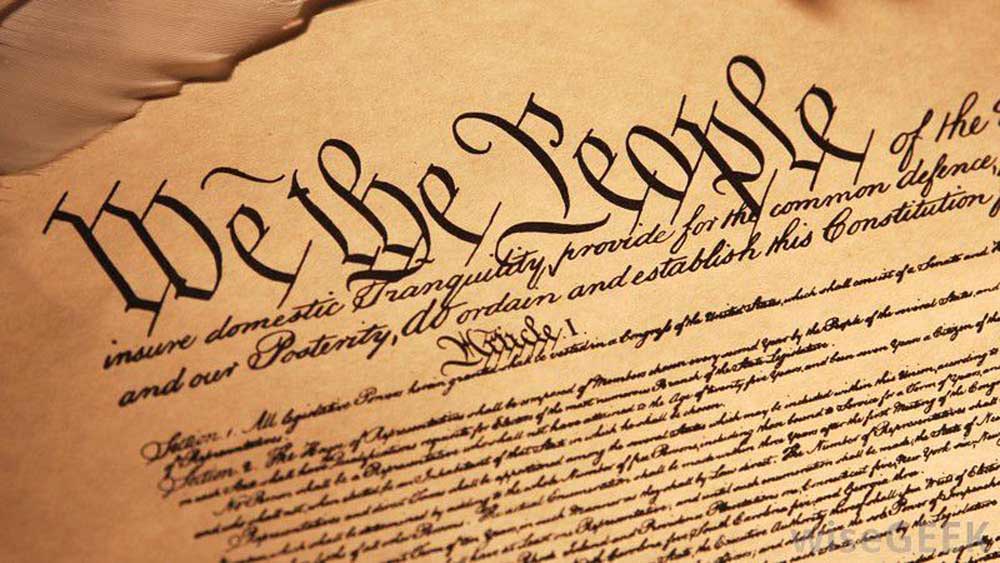Editorial: Constitution isn’t a ‘living document’
Published 3:04 pm Friday, October 21, 2016
In the final presidential debate, moderator Chris Wallace – who did an otherwise outstanding job and should be the model for future debates – ask precisely the wrong question.
“Where,” he asked Hillary Clinton, “do you want to see the [U.S. Supreme] Court take the country?”
That’s not what the Supreme Court is for. The Court’s role is to uphold the U.S. Constitution, and to strike down laws that violate it.
“Wallace quickly recovered, however, by asking how the Constitution should be interpreted – by reading the Founders’ words for what they say, or by reading it as a living document to be applied flexibly according to changing circumstances?” the Cato Institute’s Roger Pilon explains. “That’s been the great jurisprudential question since Progressives prevailed on the New Deal Court to follow the second course, resulting in the Leviathan that surrounds us today.”
Clinton subscribes to the “living document” view, and wants Supreme Court justices who feel this way, too. In response to Wallace, Clinton said, “the Supreme Court needs to stand on the side of the American people, not on the side of the powerful corporations and the wealthy.”
That’s also precisely wrong. The only side the Court needs to take is the Constitution’s.
In 2014, the late Justice Antonin Scalia spoke at a symposium held by attorneys in Georgia.
“The Constitution is not a living organism,” he explained. “It’s a legal document, and it says what it says and doesn’t say what it doesn’t say.”
But that doesn’t mean it’s inflexible, he added, or that society can’t change.
“You want the death penalty? Persuade your fellow citizens it’s a good idea and enact it. You think it’s a bad idea? Persuade them the other way and repeal it. And you can change your mind. If you repeal it and find there are a lot more murders, you can put it back in,” he argued. “That’s flexibility.”
Scalia was even more pointed in his dissent in the 2015 case that legalized same-sex marriage. His objection wasn’t to the ruling itself, but to how the majority of the justices reached their conclusion.
“The opinion in these cases is the furthest extension in fact – and the furthest extension one can even imagine – of the Court’s claimed power to create ‘liberties’ that the Constitution and its Amendments neglect to mention,” he wrote. “This practice of constitutional revision (as it is today) by extravagant praise of liberty, robs the People of the most important liberty they asserted in the Declaration of Independence and won in the Revolution of 1776: the freedom to govern themselves.”
The Court continues to erode the balance of power between the states and the federal government (that balance is called federalism), he wrote.
“The Supreme Court of the United States has descended from the disciplined legal reasoning of John Marshall and Joseph Story to the mystical aphorisms of the fortune cookie,” he contended.
Scalia was right. It’s the “living document” view of the Constitution that allows the Supreme Court to seize more power for the federal government.







